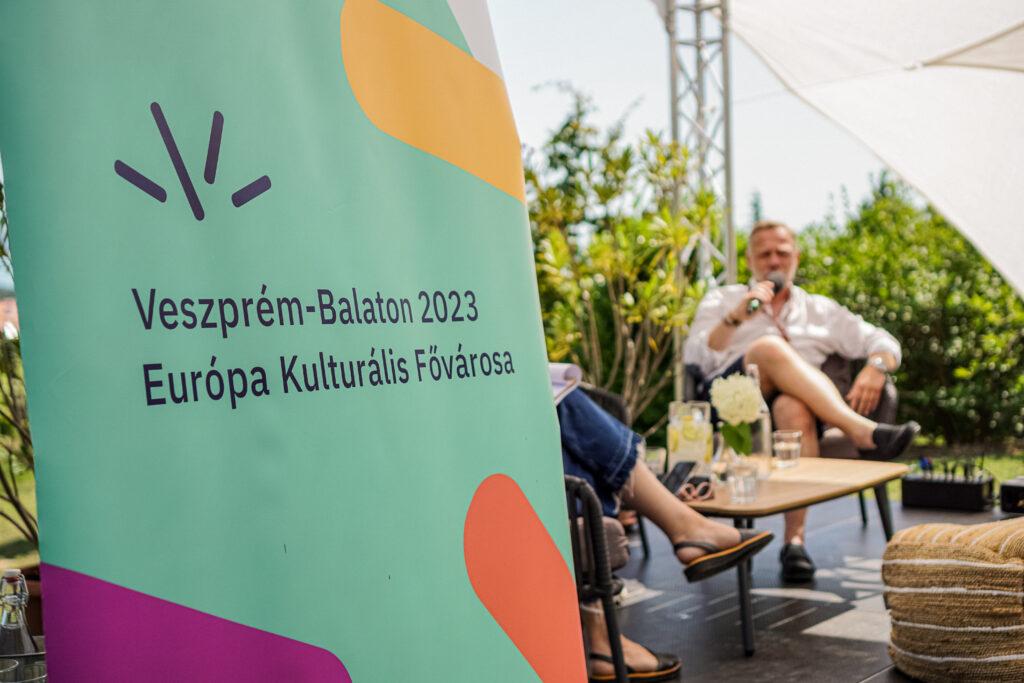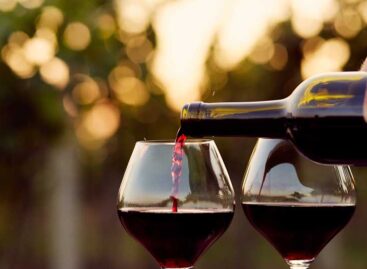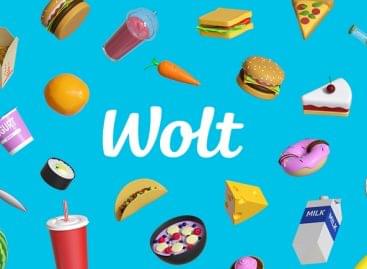The winery that follows the green path is on the right path
Why is wine the most emotional product in the world? What sustainability aspirations should a winery have today? What is the responsibility of the gastro-faces of the area who run the most popular places? What is the educational role of innkeepers in the Balaton highlands? Dóra Havas, a conscious hedonist, discussed these with her guests on the Homola Wine Terrace. The sustainability-focused day “This is the garden” jointly organized by the Homola winery and the Veszprém-Balaton 2023 European Capital of Culture program series took place with great success. The panel discussions were attended by the area’s leading wine and gastronomy players, and the central topics were various aspects of sustainability, including the sustainability of the brand itself, the wine, the viticulture, or even a restaurant.

The focus of the first panel discussion of the event was brand building in gastronomy and wine. The host of the event, Dóra Havas, asked her guests, András Horkay – DipWSET international wine academic, co-founder and head of CEWI – and Dávid Harsányi, marketing communication instructor at BGE, about the role of the brand in wine consumption and how a brand can be sustainable. The discussion focused on different aspects of sustainability, including the sustainability of the brand itself, the wine or the viticulture. In addition, eco-, bio- and biodynamic technologies were also compared. In the long run, how profitable is the transition for a winery, how much is it worth to be sustainable? According to András Horkay
“after a while, sustainable viticulture and winemaking must become self-evident, otherwise you cannot survive. The winery that follows the green path is on the right path, it will have no other choice in the near future”
– was said at the panel discussion. A prominent sustainability aspect is that the wine that is produced locally must be offered and drunk in the various Hungarian wine regions. The terroir surrounds us, the grapes are next to us, we are in the environment to get to know the local wines, taste them and immerse ourselves holistically in the character of the region. It is an important educational aspect that wineries, both alone and in cooperation with the wine region, must create in the consumer the need to discover and prefer the local. There are also many good examples of this on the domestic wine market, and there is even a precedent for joint brand building between the Hungarian wine regions.
Related news
Market building is the most important thing, according to the government commissioner responsible for wine marketing
🎧 Hallgasd a cikket: Lejátszás Szünet Folytatás Leállítás Nyelv: Auto…
Read more >Related news
Discover the solutions of the future on Startup Island! (Part 3)
🎧 Hallgasd a cikket: Lejátszás Szünet Folytatás Leállítás Nyelv: Auto…
Read more >Burger, condom and red rose: this is what Valentine’s Day is like at Wolt
🎧 Hallgasd a cikket: Lejátszás Szünet Folytatás Leállítás Nyelv: Auto…
Read more >Home Start loan: MBH Bank has raised the stakes
🎧 Hallgasd a cikket: Lejátszás Szünet Folytatás Leállítás Nyelv: Auto…
Read more >









